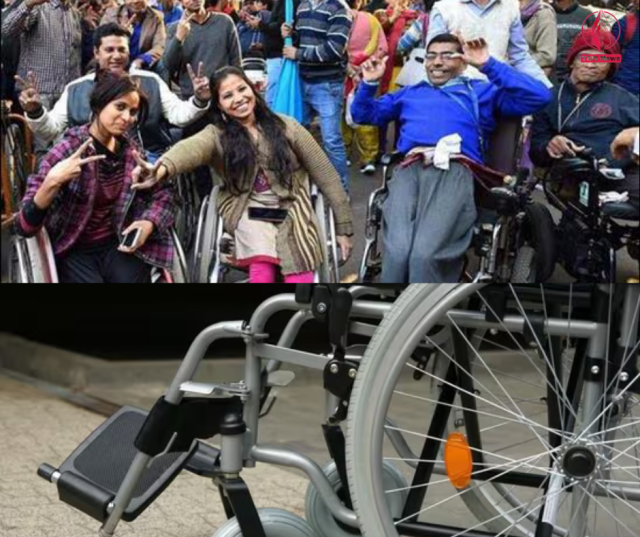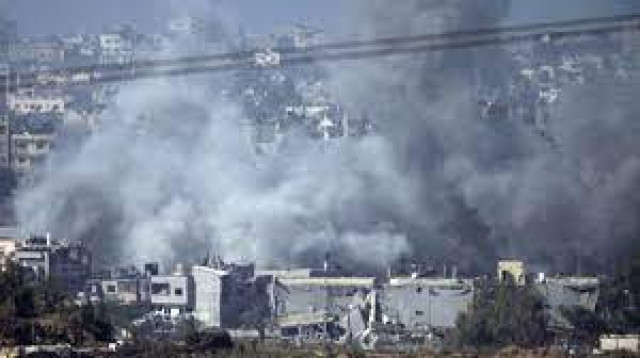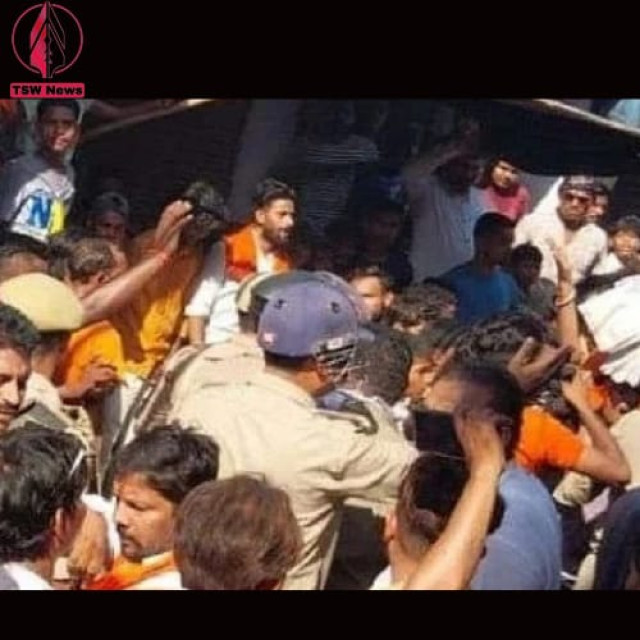Inclusive Action Needed to End Violence Against Disabled Persons
- Posted on December 18, 2024
- News
- By Arijit Dutta
- 26 Views
Women and girls with disabilities face heightened risks of violence, exacerbated by poverty and isolation. India's progressive laws offer hope, but enforcement gaps persist. Key actions include inclusive services, technological innovations, and disability-disaggregated data. Shanti’s story underlines the urgency for collective action to build a safer, inclusive society.

Persons with disabilities, especially women and girls, face disproportionately high risks of violence, often compounded by poverty, gender, and isolation. Shanti, a blind teenager from a rural village in Odisha, exemplifies this tragic reality. Orphaned at seven, Shanti has endured years of abuse from her uncle, her primary caregiver. Her story sheds light on a larger issue affecting over 11.8 million disabled women and girls across India, who confront systemic barriers to safety and justice.
The intersectionality of disability, gender, and other vulnerabilities amplifies risks. Harmful stereotypes and lack of accessible resources hinder disabled women from accessing sexual and reproductive health (SRH) services or escaping abusive environments. Institutional settings like care homes also expose disabled individuals to neglect and abuse, while the fear of losing essential caregiving keeps many survivors silent.
India has enacted progressive laws, including the Rights of Persons with Disabilities Act (2016) and the Bharatiya Nyaya Sanhita (2023), but enforcement remains a challenge. Practical measures, such as sensitizing legal systems, fostering leadership among disabled persons, and investing in inclusive services, are crucial. Service points like police stations, shelters, and courts must be equipped with accessible infrastructure and trained staff.
Technology can be a game-changer, offering solutions like AI-driven chatbots and assistive devices to empower survivors. Additionally, collecting disability-disaggregated data through agencies like the NCRB can better inform targeted interventions.
Also Read: India to Continue Denying Visas to Pro-Khalistani Canadians Amid Criticism
Shanti’s story is a call to action. Governments, communities, and policymakers must collaborate to ensure that every disabled person can live with dignity and without fear. Building an inclusive society demands immediate, collective effort.




